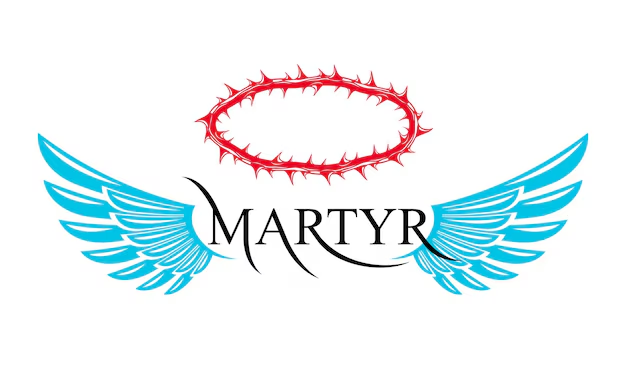***
Gospel: Luke 21: 5-11
While some people were speaking about
how the temple was adorned with costly stones and votive offerings,
Jesus said, “All that you see here–
the days will come when there will not be left
a stone upon another stone that will not be thrown down.”
Then they asked him,
“Teacher, when will this happen?
And what sign will there be when all these things are about to happen?”
He answered,
“See that you not be deceived,
for many will come in my name, saying,
‘I am he,’ and ‘The time has come.’
Do not follow them!
When you hear of wars and insurrections,
do not be terrified; for such things must happen first,
but it will not immediately be the end.”
Then he said to them,
“Nation will rise against nation, and kingdom against kingdom.
There will be powerful earthquakes, famines, and plagues
from place to place;
and awesome sights and mighty signs will come from the sky.”
The Gospel of the Lord.
***

***
Advent is almost upon us. This holy season is not only about preparing our hearts for the birth of Christ at Christmas. It’s also about preparing our hearts for his glorious return at the end of the time, as we hear in today’s Gospel.
Strangely, the “end” will not happen all at once. According to Christ’s predictions, it unfolds in three different stages.
***
The first “end” is the death of Jesus in the flesh. Once he cries out from the Cross, “It is finished,” and breathes his last, the world has come to an end for him, physically.
The second “end” is the destruction of the Temple, which Jesus predicts in today’s Gospel. “All that you see here – the days will come when there will not be left a stone upon another stone that will not be thrown down.”
Less than 40 years after Christ made this prediction, the Temple was destroyed by the Romans. It has never been rebuilt. All that’s left today is a portion of the Western Wall, which remains a critical place of prayer for Jews.
From a Christian perspective, the destruction of the Temple also brought about a symbolic and theological “end” to Old Testament worship as it was no longer needed. Saint Paul tells us, in baptism we become “living stones,” the new temple, body of Christ on earth.
The third “end” is what we often think of – the cosmic conclusion of the universe as we know it.
***
How do I feel about the end of the world?
Often it’s an uncomfortable topic. But Christians must put this into context; remember what is ending versus what is not.
What is ending are depressing things like sin and death. What is not ending is life. The Lord tells us plainly, “Whoever believes in me has eternal life.” Not here, but in heaven – a place of angels, light, and peace.
***
As this season of Advent approaches, may we say what we mean and mean what we say, “Come, Lord Jesus.”
***

***
Image credits: (1) National Catholic Register (2) David Jeremiah Blog (3) Morning Devotions








